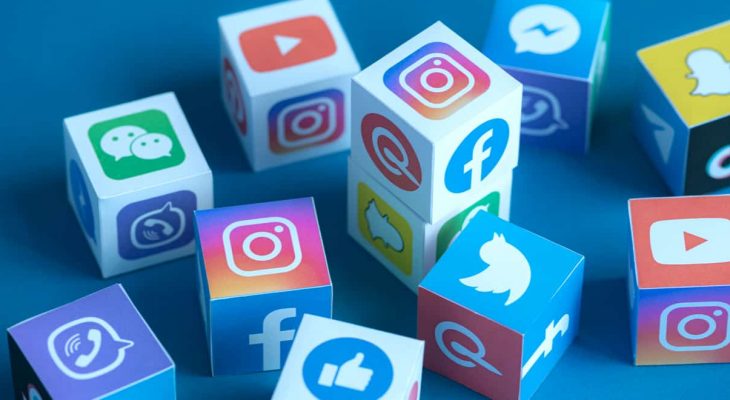Social Media has transformed our lives and how we communicate. Social media adoption has many advantages. Friends and family can convey so much better. At lightning speed, essential people, messages, or stories can become known. Individuals can create and build in a way that is unlike anything before. Businesses can reach their target audience quickly and cost-effectively.
We also know that social media use can have adverse effects if not ethically and humanely managed. It’s easy to become disoriented, lose focus, and be less productive as a consumer. Social media and other sources can bombard us with information that is too much. Overly persuasive messages and aggressive comments by users can change our mood and behavior.
However, it doesn’t mean that you have to be a slave to the medium. On the contrary, you can improve your well-being and mental health by being more mindful about your use and why you engage on social media. Here are ten tips to help you be more aware and responsible when using social media.
You can turn off notifications.
You can start by turning off all notifications from your social media accounts. Reports keep us constantly informed, which FOMO (Fear Of Missing Out) is for many. While you may not be missing out on anything, you can find yourself being pulled down the rabbit hole of constant distractions from family, work, and friends. A good strategy is to schedule times throughout your day to check notifications (preferably in the morning, afternoon, and evening). This will allow you not to be attached to your smartphone throughout the day.
You can watch your time.
Social media can be addictive. It’s easy for people to scroll through their feeds and bounce from TikTok on Instagram. It’s easy to feel empty and unimportant at the end. Researchers recently discovered a sweet spot for how much time you spend using social media. The Journal of Social and Clinical Psychology recommends that you limit your social media use to no more than 30 minutes per day. This will help to improve your health, decrease loneliness, and lower your depression. You should limit how much time that you spend on social networks. An iPhone allows you to monitor screen time and view real-time reports. You can also set app time limits.
Follow With a Purpose.
Are you ever asking yourself why you are following someone on social media? These are questions to ask yourself. If you can’t find any good reasons to follow an account, then unfollow them. An excellent way to curate your feed would be to unfollow accounts and people bringing negativity, jealousy, comparisons, or other harmful messages to your meal. It is important to follow people who inspire, create joy, and bring hope to the world. It’s important to realize that the algorithms that determine what we see in social media feeds are based on our interests.
Stop mindless scrolling.
Scrolling through social media is like playing a game of slot machines. Even if your social media feeds are well-curated, you may still be scrolling endlessly. It’s easy for us to get caught up in a cycle of procrastination. We compare ourselves to accounts that have more followers, more photos, and live more exciting lives. Stop scrolling! Instead, focus on the person or account you are interested in learning more about. It would help if you also cleaned out your feed, especially accounts that you don’t know. This will help you to reduce scrolling and positively affect your outlook.
 Beware of Clickbait.
Beware of Clickbait.
Clickbait and fake news have been a significant problem in recent years. Many people click on links that propagate false content or misleading information as they scroll through social media feeds. This is called “clickbait.” Studies show that negative headlines and controversial topics generate the most clicks for sites like Facebook, Instagram, Twitter. It’s not a good idea to try and get ‘news” from provocative headlines. Instead, you should take a step back and check the website link. Then, you can find reliable information.
Be aware of your emotions.
Although social media can have many positive aspects, it also has its downsides. Social creatures are a part of human nature. To be successful in life, we look for companionship and understanding from others. A sense of belonging, joy, and self-worth is gained when we are socially connected. However, it is possible to be unhappy and have poor emotional health if you don’t make friends or compare your life to others. Social media can have a profound impact on your mood, behavior, and emotions. It is easy for us to get caught up in the social cycle about real and false. It is important to remember that not all of what you see on social networks is true. Many people make the illusion of perfection with filters, effects, and photoshop. It is not possible to be perfect.

